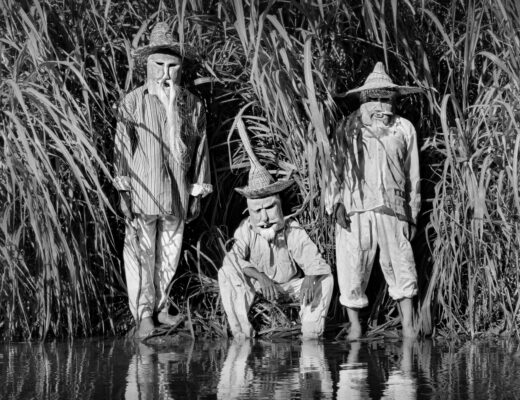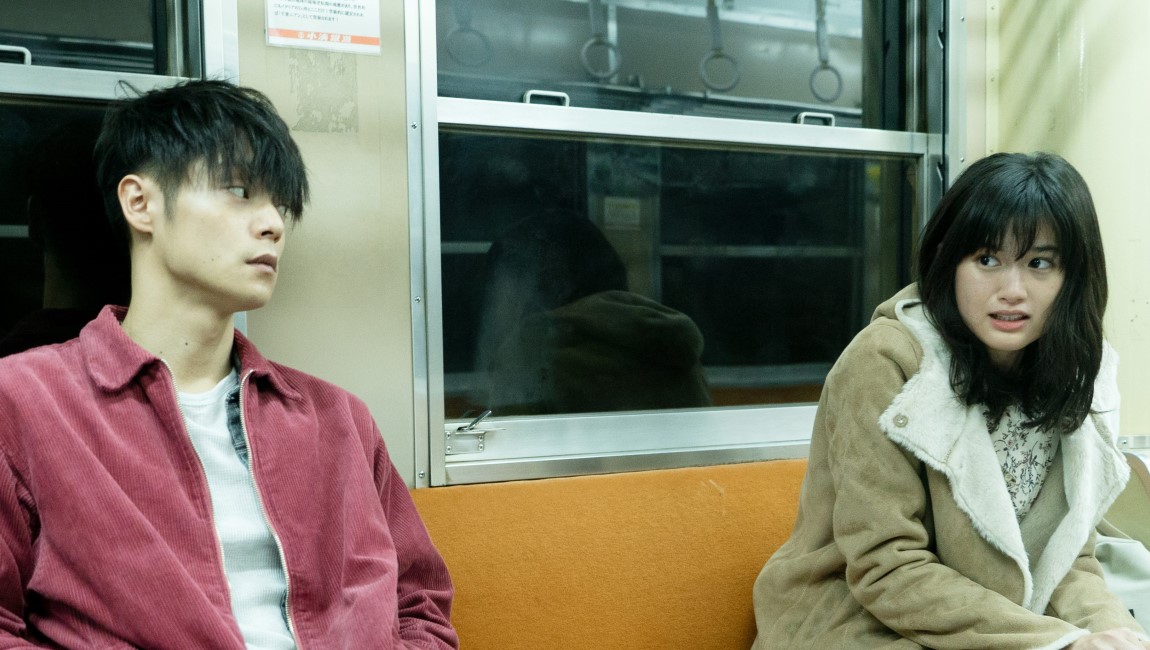The Hand of God is a softer but no more subdued effort from Sorrentino, still rife with flourish but with a more personal core than ever before.
The figure of Diego Maradona looms larger than life in Paolo Sorrentino’s latest and arguably most personal film, signifying not just the footballer’s indispensable place in world history but also his irreplaceable status within the memories of its constituents. In 1986, during the FIFA World Cup’s final match between Argentina and England, Maradona scored two legendary goals in succession, the first of which was dubbed “the hand of God” — alluding to its controversy over whether or not it had been assisted by Maradona’s hand. For Argentinians and Englanders alike, the match’s outcome was of epochal significance, seen by many as a defiant comeback by the former from the humiliation of the Falklands War four years prior.
The Hand of God lends itself to yet another metaphor; its titular gesture espouses a stoic acquiescence, and perhaps awe, toward the personal vicissitudes of fate. Meandering with no singular impetus across 1980s Naples and surveying its communities of youth, family, and art, the film unfurls under its nostalgic haze to recall and relive the days of football fanaticism and endearing idealism, serving as the director’s very own self-portrait as a young man. His stand-in, the sixteen-year-old Fabio Schisa (Filippo Scotti), basks in the balmy Mediterranean air with little care for the future, other than two preoccupations: Maradona and losing his virginity. Scotti’s lithe, lean frame brings to mind Timothée Chalamet in Call Me by Your Name; both films, as it were, exhibit a romantic fervency and euphoric timelessness that conspire to resist the trappings of destiny by way of the Proustian retreat into memory.
In this sense, The Hand of God deviates little from the rest of Sorrentino’s stylistically polarizing oeuvre; like Maradona himself, the film frequently imposes its larger-than-life sequences on the viewer, forgoing lived realism for a stylized maximalism not too dissimilar from the bacchanalian excesses displayed in The Great Beauty. This kaleidoscopic tapestry of sensuality — comprising scattered conversations, ebullient witticisms, and hormonal desires — accords it a tactility that charmingly embraces both protean versatility and comforting immutability, consciously situating Fabio’s character within an adolescent subjectivity itself depicted and distorted through the present. As Fabio’s older brother Marchino (Marlon Joubert) recounts, from a failed audition with none other than the director Federico Fellini, cinema has the potential to offer a “distraction […] from reality. Reality is lousy.” And so, Fabio flirts with filmmaking, life, and his young aunt Patrizia (Luisa Ranieri; depicted as a mentally troubled seductress and muse) with gentle but increasing carelessness, up until fate and destiny rear their twin monstrous heads in the form of stunning, surreal tragedy.
In his previous work, there remained a chasm between Sorrentino the artist and Sorrentino the individual, with the latter unwilling to project more than a fictionalized version of himself onto the former’s canvas; after all, one of The Great Beauty’s harshest criticisms lay in its caricaturing of Toni Servillo’s Jep Gambardella, a figure inured to optimism and harboring possibly only superficial attraction toward its titular lust for life. The Hand of God, while impervious to biographic authenticity, remains nonetheless authentic and arguably in the only befitting way for a filmmaker whose career has critiqued and cosseted cynical extravagance in equal measure. That is to say, it deliberately eschews documentarian objectivity for an idiosyncratic introspection that serves primarily as catharsis, allowing the director to publicly exorcise the pain of his formative years and celebrate their necessary role in defining his persona today. In so doing, the milieu finds its landscapes unevenly articulated, fleshed out in some parts and fleeting in others. While Fabio attaches great import to the time he spends with his family, for instance, little is made of his schooling or even sporting days.
Softer than his explicit commentaries on Italian politics but no more subdued, The Hand of God retains Sorrentino’s thematic preoccupation with cultural obsession even as its languid and apparently aimless non-sequiturs will find themselves mistaken for self-aggrandizing frivolity. Its signifiers are both universal and specific: Maradona features as national idol amidst the riotous summer heat (having joined the Napoli football club in 1984), but also as a personal totem for living in the moment, a frozen image of triumph deferring the crippling uncertainties of the future, and one with sweeping repercussions for the clueless boy. When confronted by the impossible, Fabio has to readjust and recalibrate his worldview, seeking refuge and escape in the brave new world of cinema beyond his teenage idyll. What The Hand of God does best, and brazenly succeeds at despite the very valid misgivings about its many transcendent flourishes, is its graceful — and here, truly sanguine — encapsulation of the political in the personal, of complex sociological reality simplified through youthful rose-tinted glasses, and then complexified once again through the very same pair decades later. “A little with the head of Maradona, and a little with the hand of God” was how the footballer had described his victory. Much like history, The Hand of God acquires its shape not purely at the hands of fate, nor solely by the whims of man, but through a bit, and then a lot, of both.
You can currently stream Paolo Sorrentino’s The Hand of God on Netflix.







